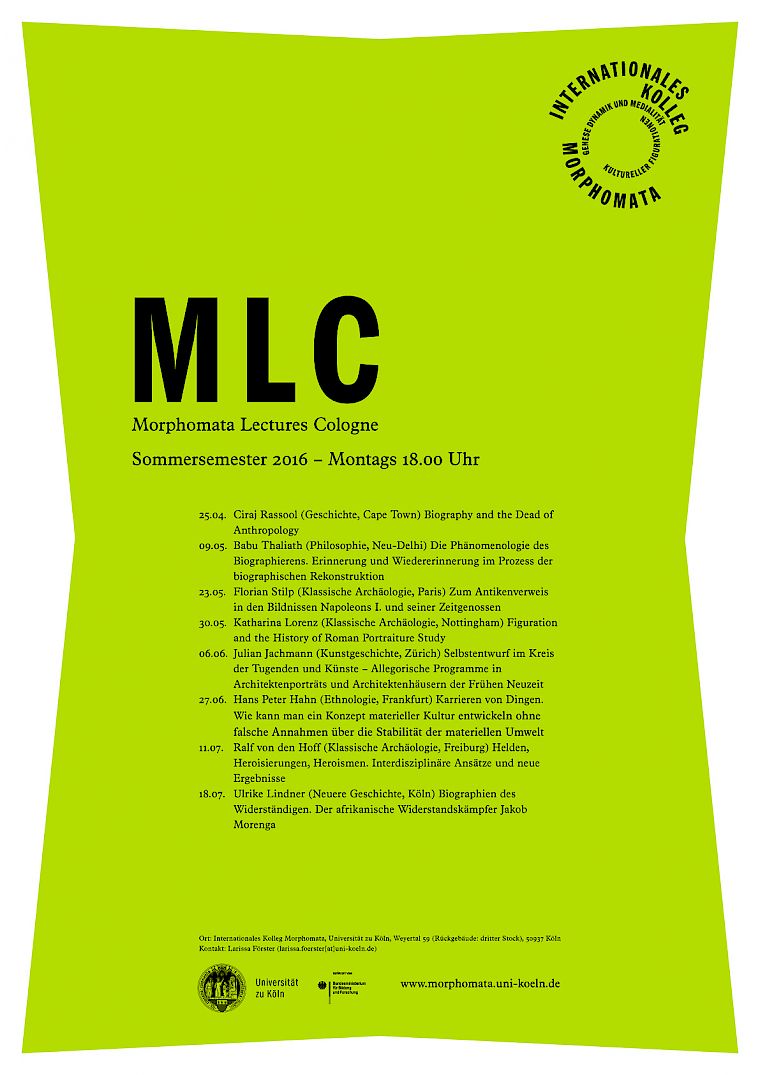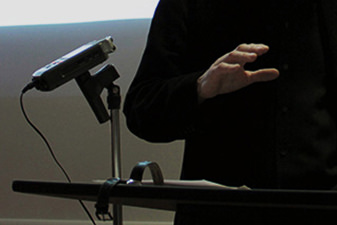English summary of the German talk: Careers of Things. Keeping Things in Balance. The history of the humanities’ engagement with material culture is a history of a continuous rise in esteem. The term “career” here is used in its most immediate sense. Whenever thinkers of the nineteenth and twentieth centuries considered material things, they came to the conclusion that the importance of things in constituting culture had previously been underestimated. Whether one consult the works of Karl Marx or of Georg Simmel, in both cases the authors reach the conclusion that the material side of society has a hitherto overlooked explanatory power. That is no less true of important figures of the twentieth century, such as Roland Barthes and Pierre Bourdieu. Both inform the interested reader of how the hidden interactions of things are connected to the constitution of society, and to what degree the presence of consumer goods, but also of art works, contributes to the formation of identity and of meaning. The massive trend towards raising the valuation of the material could be illustrated further in numerous other present-day authors. However, my thesis is that the demand for a higher estimate of the material should be understood primarily against the background of a very much longer history of the rejection of the material. Western thought means, by definition, to search for the intellectual, to understand human action as a consequence of ideas and intentions, and to describe the development of society within the context of ideologies. The authors named did well by counteracting this onesidedness. Yet, did they not “throw out the baby with the bathwater”? Central to my paper is the question of whether, in the scholarly attempts to raise the valuation of material things, some of their important properties have been overlooked? Could it be that the tendency to uprate them has so far not given adequate attention to the everyday quality of things, their indefinedness, and the flexibility in the ways they are used? I argue that there has not yet been any longlasting theory of material culture because the close observation of their ‘everydayness’ has been neglected.
Hans Peter Hahn
27.06.2016

Audio recordings
Hans Peter Hahn (Frankfurt): Karrieren von Dingen. Dinge in der Schwebe halten
